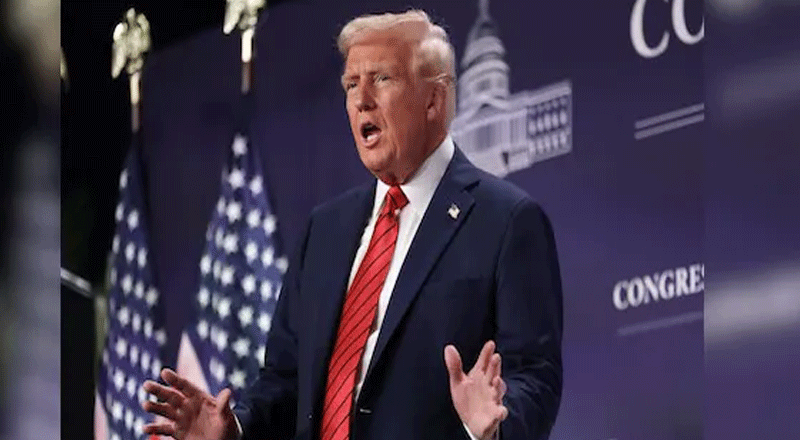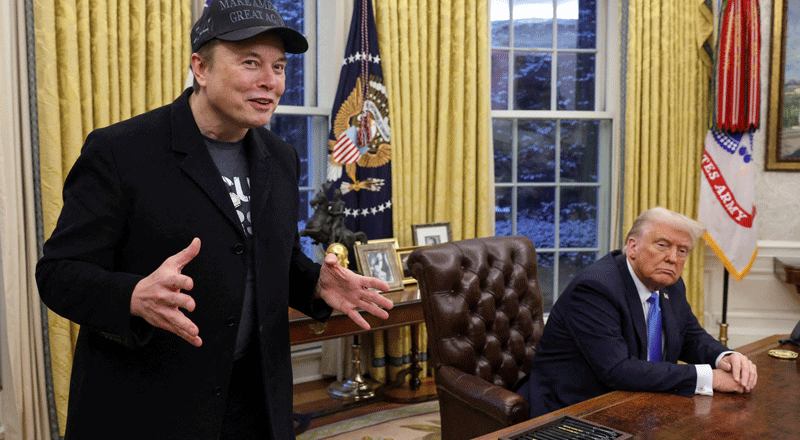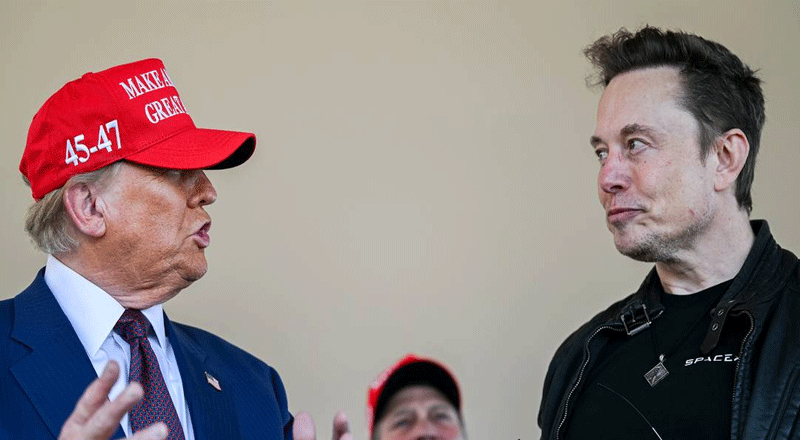A War-Torn Landscape and Renewed Diplomatic Efforts
The ongoing war in Ukraine has ravaged cities, displaced millions, and strained international relations to a breaking point. As global leaders struggle to find a resolution, a surprising diplomatic initiative has emerged. On Tuesday, senior officials from the United States and Russia met in Riyadh, Saudi Arabia, for critical discussions aimed at restoring US-Russia relations and laying the groundwork for peace negotiations.
This high-stakes meeting marks a dramatic shift in Washington’s approach, particularly under President Donald Trump, who has moved away from isolating Russia and instead seeks direct engagement with Moscow. While these talks signal a potential diplomatic breakthrough, the exclusion of Ukraine from the discussions has sparked widespread controversy, raising concerns over the legitimacy and fairness of any resulting agreements.
From Isolation to Negotiation: A Shift in US Policy
The Riyadh talks represent a stark contrast to previous US policies that sought to isolate Moscow following its aggression against Ukraine. Under the Trump administration, Washington has taken a different approach—opting for dialogue instead of outright confrontation. The meeting is expected to pave the way for a potential face-to-face discussion between President Trump and Russian President Vladimir Putin, further underscoring Trump’s ambitions to position himself as a global peacemaker.
However, the absence of Ukrainian officials at the negotiation table has raised eyebrows. Putin’s foreign policy adviser, Yury Ushakov, made it clear that the discussions would be “purely bilateral,” comprising only US and Russian representatives. This exclusion has fueled skepticism about whether the talks truly aim for peace or serve other geopolitical interests.
Trump’s Vision: Peace or Power Play?
President Trump has been vocal about his desire to broker an end to the war, frequently posting on his Truth Social platform about his conversations with Putin. He recently claimed that he and Putin agreed to “stop the millions of deaths taking place” and would work closely together, even hinting at potential visits to each other’s nations.
Yet, many critics argue that Trump’s motivations may be more strategic than humanitarian. Reports suggest that Trump has proposed a staggering $500 billion deal that would grant the US control over half of Ukraine’s natural resources, including its rare earth minerals, oil, gas, and infrastructure. A draft agreement, leaked to British newspaper The Telegraph, suggests that Ukraine would be expected to cede 50% of its profits from resource extraction to the US, a deal harsher than the reparations imposed on Germany after World War I.
Such a proposal has been met with strong opposition from Ukrainian President Volodymyr Zelenskyy, who categorically rejected any agreement that does not prioritize Ukraine’s sovereignty and security. His administration has expressed deep frustration over being left out of negotiations that directly affect Ukraine’s future.
Ukraine’s Outrage and Europe’s Growing Concerns
Zelenskyy has remained steadfast in his stance that no agreement should be made about Ukraine without Ukraine. He emphasized, “We cannot acknowledge anything, any arrangements about us, that were made without us. And we will not recognize such agreements.”
European leaders share similar concerns. The exclusion of both Ukraine and European nations from these discussions has triggered emergency meetings in Paris, with NATO allies warning that bypassing them in negotiations could weaken the alliance’s unity. The fear is that Trump’s independent dealings with Russia could undermine international efforts to hold Moscow accountable for its actions in Ukraine.
US Senator Marco Rubio echoed these concerns, stating, “If it’s real negotiations—and we’re not there yet—Ukraine will have to be involved because they are the ones that were invaded. The Europeans will have to be involved because they have sanctions on Putin and Russia as well, and they’ve contributed to this effort.”
A Controversial Deal: US Interests vs. Ukrainian Sovereignty
One of the most contentious elements of these negotiations is Trump’s resource-driven proposal. Ukraine’s vast reserves of critical minerals are highly valuable to global industries, particularly in aerospace, defense, and nuclear technology. The Trump administration has expressed strong interest in securing these resources to reduce US dependence on China. However, Ukrainian officials insist that any economic agreements must be tied to firm security guarantees against future Russian aggression.
In an interview with Fox News, Trump claimed that Ukraine had “essentially agreed” to the $500 billion deal, highlighting the nation’s “tremendously valuable land.” However, Zelenskyy later dismissed these claims, making it clear that he instructed his ministers not to sign any deal that prioritized US economic interests over Ukraine’s sovereignty and security.
Hope for Peace or a Recipe for Conflict?
The Riyadh talks have the potential to reshape the trajectory of the war in Ukraine, but they also come with serious risks. While Trump’s team insists that Ukraine and Europe will eventually be included in discussions, their initial exclusion has created deep mistrust among allies. Moreover, Trump’s $500 billion proposal suggests that his peace efforts may be as much about securing American economic dominance as they are about stopping the war.
Despite the controversy, diplomatic engagement remains crucial. If these negotiations result in a roadmap toward de-escalation, they could mark a significant step toward ending the devastating conflict. However, for any agreement to be truly sustainable, Ukraine must have a direct seat at the table, and its sovereignty must remain non-negotiable.
As the world watches these developments unfold, the hope remains that peace—genuine and just—will ultimately prevail over power plays and political manoeuvring.
(With inputs from agencies)





